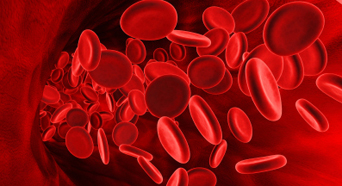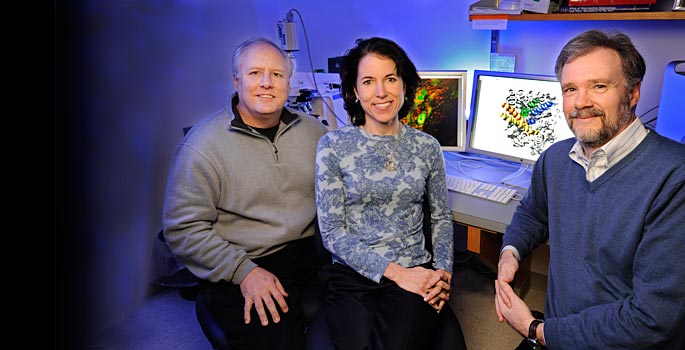Antidepressants
-

Research Snapshot: Vanderbilt researchers discover new spontaneous signaling pathway in the brain
Ege Kavalali and Heidi Hamm collaborated to discover a signaling pathway for how spontaneous release of neurotransmitters can be selectively regulated without disrupting evoked action potentials. Read MoreFeb 14, 2022
-

Study provides new insight into how antidepressant drugs work
A study by Vanderbilt researchers sheds light on how current antidepressant drugs work and suggests a new drug target in depression. Read MoreDec 1, 2021
-

Study explores potential new class of antidepressants
Researchers at VUMC have taken a major step that could ultimately facilitate development of a new class of antidepressants which may relieve symptoms more rapidly and effectively and with fewer side effects than current medications. Read MoreNov 21, 2019
-

Study ‘ignites’ link between genes and drug response
A national study is seeking to determine whether genetic testing can help physicians choose the best drugs for their patients to relieve pain and depression. Read MoreJul 25, 2019
-

Reducing antidepressants’ side effects
Vanderbilt investigators have discovered how antidepressant medicines that block serotonin uptake can increase bleeding risk. Read MoreNov 23, 2016
-

Antidepressants’ heart impact less than expected: study
A Vanderbilt University study published today in the Journal of Clinical Psychiatry may help patients prescribed higher doses of certain antidepressants feel better about attributed cardiac risks. Read MoreOct 13, 2016
-

Fetal impact of antidepressants
Antidepressant use during pregnancy is common. Fetal exposure to the class of antidepressants known as selective serotonin reuptake inhibitors (SSRIs) is associated with the life-threatening condition PPHN (persistent pulmonary hypertension of the newborn), but a causal link has not been established. Read MoreAug 3, 2016
-

New view of neurotransmitter transport
Dynamic measurements of the bacterial leucine transporter shed light on the transporters that play roles in neuropsychiatric and addiction disorders. Read MoreApr 24, 2014
-

Vanderbilt study shows suicide risk doesn’t differ in children taking two types of commonly prescribed antidepressants
A new Vanderbilt University Medical Center study shows there is no evidence that the risk of suicide differs with two commonly prescribed antidepressants prescribed to children and adolescents. Read MoreJan 7, 2014
-

New model to test how antidepressants work
A new mouse model offers the ability to better test how selective serotonin reuptake inhibitors (SSRIs) work and could lead to the development of new classes of anti-depressants. Read MoreFeb 18, 2011